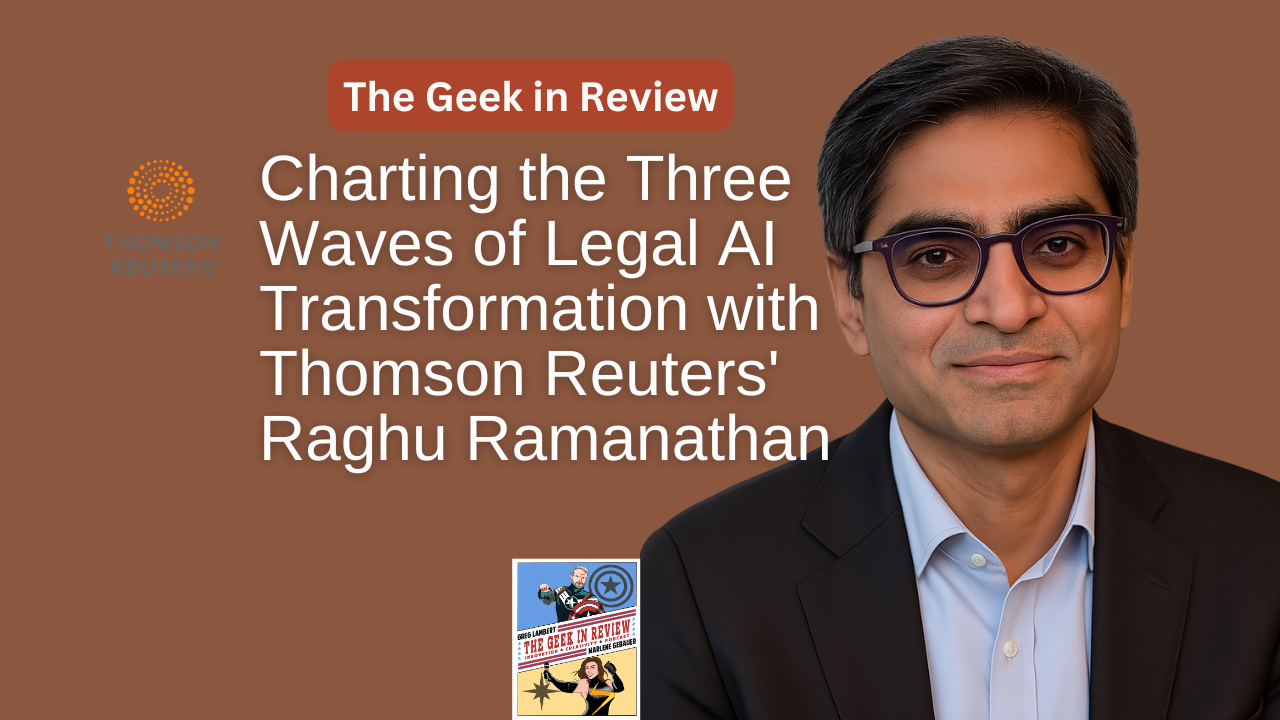This week we sit down with Matt Rasmussen, Founder and CEO of ModeOne, to dive into the evolving challenges and solutions around mobile device discovery. What started as a frustration-fueled “passion project” has grown into a powerful, cloud-based legal tech tool that dramatically speeds up mobile data collections while safeguarding user privacy. Rasmussen brings over two decades of litigation tech experience, and his team is focused on automating the traditionally slow, invasive, and expensive process of mobile forensic collection.
Matt shares the lightbulb moment that led to ModeOne’s founding—after nearly being hit with a book by an executive unwilling to hand over their entire phone during an M&A data collection. That experience crystallized a need for a targeted, remote, and custodian-friendly solution. ModeOne’s approach allows for precise data extraction, filtering out personal messages, and narrowing collection to relevant participants or timeframes—thereby reducing friction, legal risk, and cost. The tool shrinks a two-week process into a matter of hours and removes the need for shipping hardware or dispatching personnel.
The conversation then turns to the power of cloud scalability and how ModeOne’s architecture enables parallel processing of hundreds of phones simultaneously without ballooning costs. Matt recounts a case involving over 400 phones processed in just two weeks—compared to the seven-month timeline it would’ve required using traditional methods. He explains how operating directly on devices with lightweight agents and leveraging cloud resources allows them to outperform older queue-based systems and ensure defensibility through record-level audits.
Beyond litigation, the use cases for ModeOne are growing fast, particularly in corporate compliance and legal holds. With recent updates from the DOJ and FTC increasing expectations for mobile data preservation, companies are now compelled to treat phones with the same seriousness as emails and cloud documents. ModeOne’s ability to preserve data in a scalable, minimally invasive way makes it a key player in this regulatory shift. Rasmussen also highlights that while AI may not be the focus of this episode, ModeOne is quietly integrating features like sentiment analysis, emoji flagging, and communication mapping through a partnership with StreamView.
As the episode wraps up, Rasmussen discusses the startup journey—from bootstrapping to being named Legal Tech Startup of the Year in 2024. While initial adoption faced the usual “wait-and-see” mentality common in legal tech, ModeOne is now working with several Fortune 10 companies, AMLaw 25 firms, and leading LSPs. Looking forward, Rasmussen predicts mobile data will only grow more central to investigations and legal matters. With privacy and policy changes ahead, ModeOne is doubling down on mobile—not diversifying away from it. As he puts it: “We’re digging deep on phones.”
Listen on mobile platforms: Apple Podcasts | Spotify | YouTube
[Special Thanks to Legal Technology Hub for their sponsoring this episode.]
Blue Sky: @geeklawblog.com @marlgeb
Email: geekinreviewpodcast@gmail.com
Music: Jerry David DeCicca
Transcript:
Continue Reading Solving Mobile Discovery with ModeOne’s Matt Rasmussen









